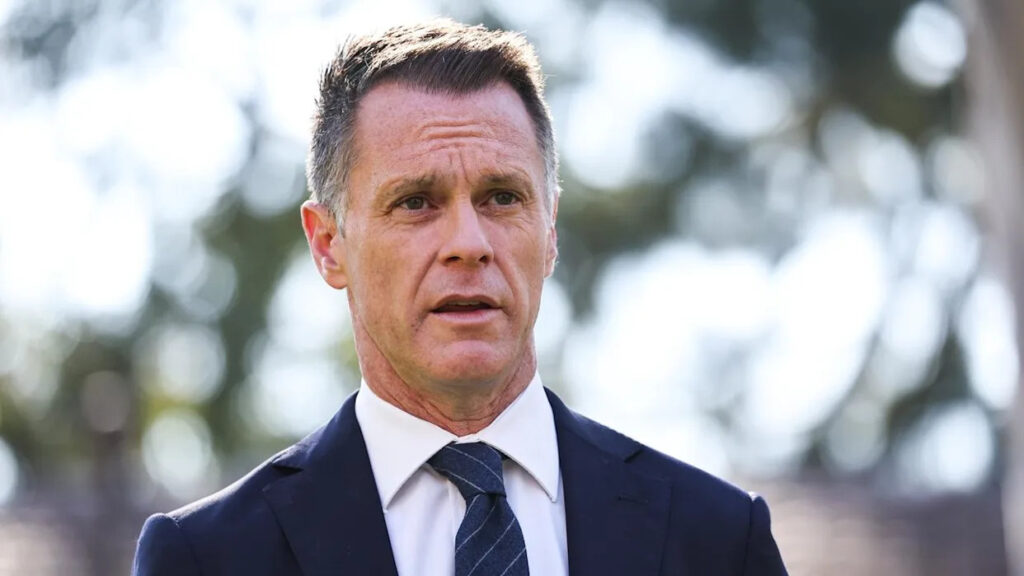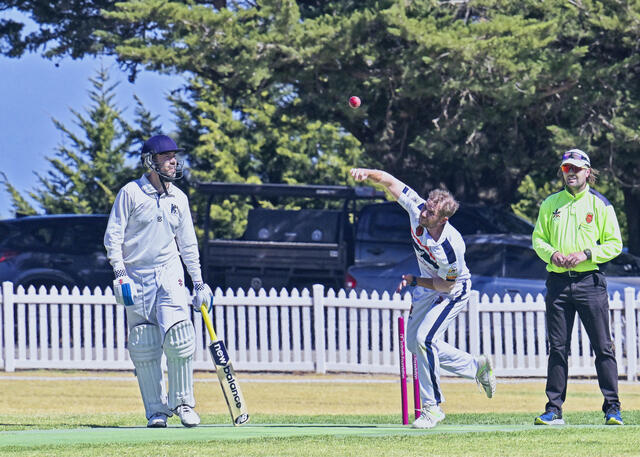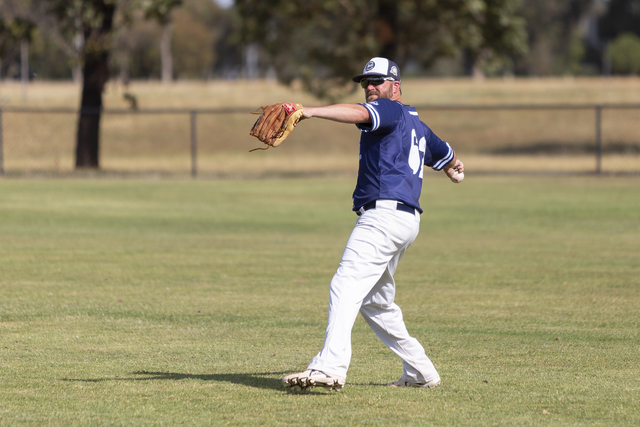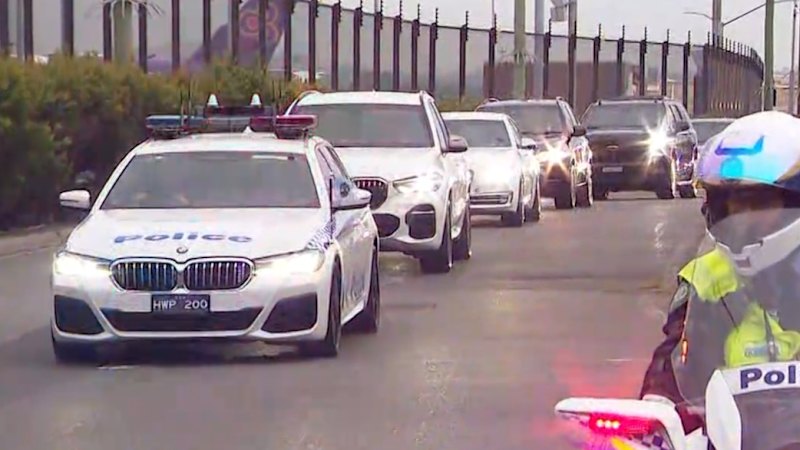
UPDATE: New South Wales Premier Chris Minns has just ruled out the introduction of “adult crime, adult time” laws for youth offenders, sparking intense debate over their effectiveness. During a heated exchange on 2GB radio with host Ben Fordham on Tuesday, Minns admitted he is not an “expert” on the controversial laws, which have recently been implemented in Queensland to address youth crime.
This development comes as the state government faces mounting scrutiny over its youth crime policies, particularly in regional areas like Moree. Despite recent statistics indicating a significant drop in youth offending, the public remains concerned about the handling of juvenile crime.
Minns responded to Fordham’s questions about Queensland’s laws, which impose stricter penalties on young offenders, stating, “I don’t think that a young person who’s 12-years-old should be subject to the same penalty as a 32-year-old male.” When pressed about the success of these laws, he conceded, “I think it’s a mixed bag in Queensland,” while Fordham countered, “It’s reduced youth crime.”
The Premier emphasized that serious criminal behavior often begins well before the teenage years, declaring, “No child, in my view, starts committing serious crimes by the age of 14 or 15.” He noted alarming statistics: 84 percent of youth charges are withdrawn, indicating a lack of intervention and support for at-risk children.
Minns highlighted that serious offenses involving youth are already adjudicated in the NSW District Court, which can impose harsher penalties. He also referenced the legal principle of doli incapax, which presumes children aged between 10 and 14 are incapable of criminal intent. “Since 2016, 84 percent of children under 14 have had their charges dismissed without any finding of guilt,” he stated.
Meanwhile, the Queensland government has expanded its tough laws this past May 2023, which have been met with mixed reactions, including criticism from Amnesty International for potential violations of children’s rights.
In addressing local concerns, Minns denied accusations that residents have been neglected nearly 18 months after an action plan was promised for Moree. He assured that funds have been allocated to regional crime initiatives, including night patrols and support for the PCYC. However, he acknowledged difficulties in establishing a bail accommodation service, stating, “We’ve found it very difficult to find the location.”
When asked about the status of the Moree action plan, Minns mentioned that only one component remains incomplete and promised to provide updates. He also referenced new BOCSAR statistics showing a decrease in car thefts in Moree, with incidents dropping from 155 in 2023 to 95 following the introduction of new bail laws.
As the debate around youth crime continues to unfold, Minns’s remarks signal a critical moment for NSW’s approach to juvenile justice. With pressure mounting from the public and media, many are left wondering what steps will be taken next to address the ongoing youth crime crisis in the region.





